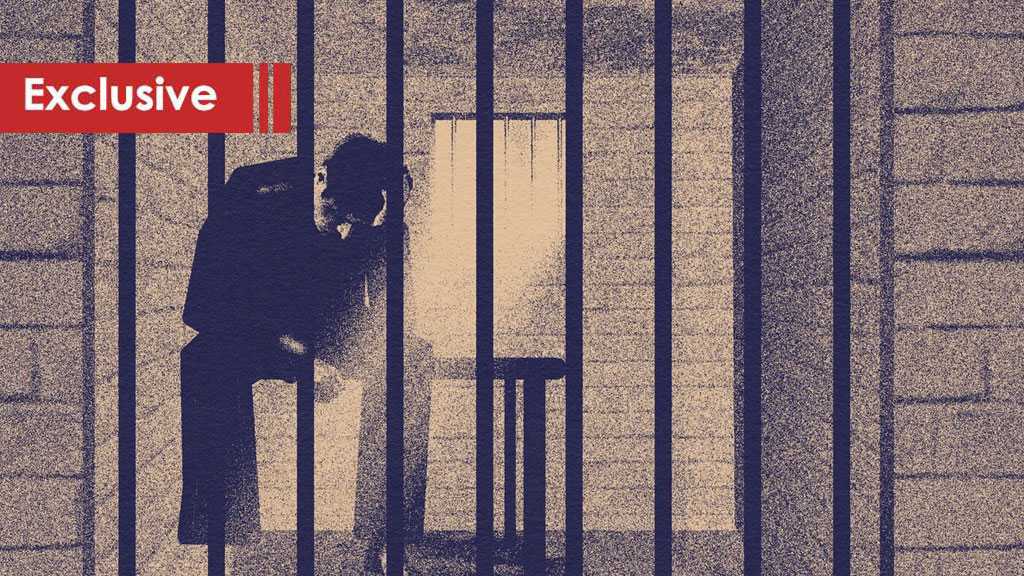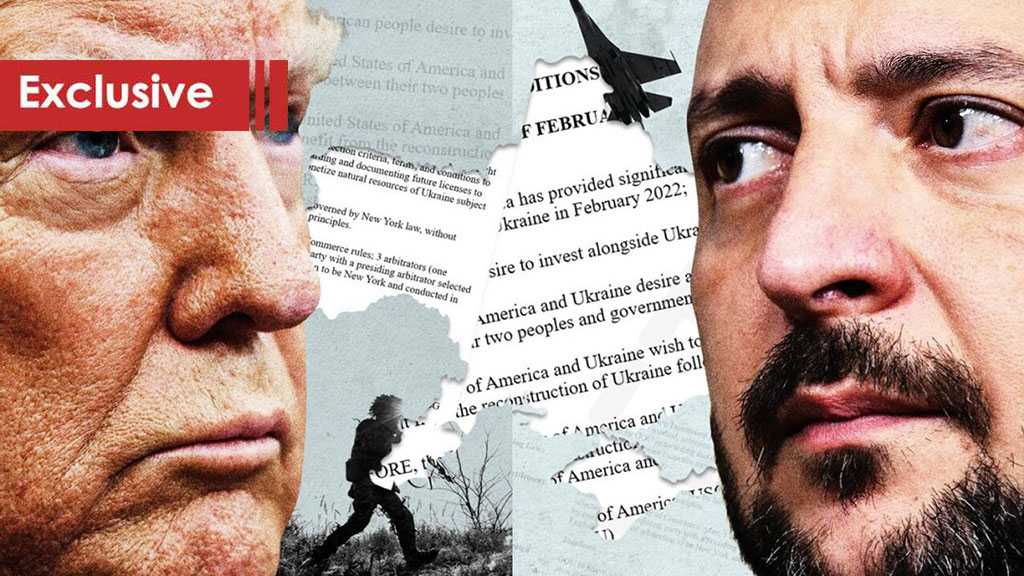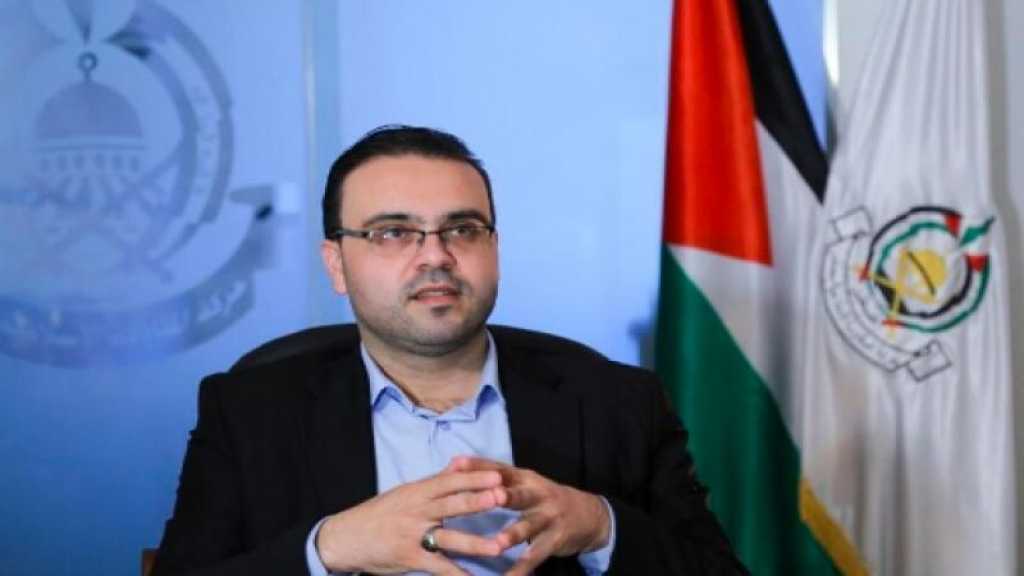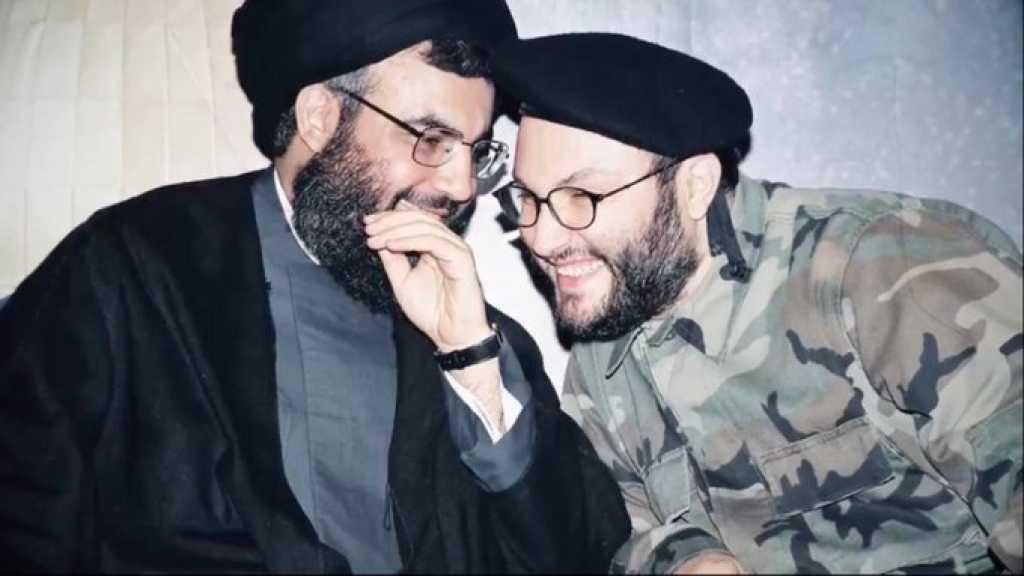The Reality of the US Prison System: A Firsthand Perspective

By Mohamad Hammoud
The United States has the highest incarceration rate in the world, holding approximately 21% of the global prison population despite comprising only about 4.4% of the world's total population. The American criminal justice system is often portrayed by Hollywood and those without firsthand experience as fair and just.
However, my personal experience in prison affirmed Nelson Mandela’s profound statement: "No one truly knows a nation until one has been inside its jails." Mandela believed that how a country treats its prisoners reflects its core values and humanity. My time within the US justice system, particularly in its prisons, revealed a side of America that few ever see. What I once believed about the fairness and integrity of the US justice system turned out to be a lie. The trial process, prosecutorial misconduct, and, most shockingly, the prison system itself exposed the darker, hidden face of the nation.
The Illusion of Rights Behind Bars
Upon arriving in prison, I was handed a booklet outlining prisoner rights. Initially, I admired how, even in incarceration, certain rights were protected. The Eighth Amendment prohibits inhumane treatment, such as excessive force or inadequate medical care. The First Amendment allows prisoners limited rights to free speech and religion, while the Fourteenth Amendment ensures protection against cruel and unusual punishment, as well as access to basic necessities like adequate medical care, visitation rights, and at least one warm meal a day. For a fleeting moment, I thought that while the system had failed me, I could at least live in some semblance of peace while working on my appeal.
That illusion was quickly shattered when I learned my first prison’s nickname: "Bloody Beaumont," a name that spoke volumes about the violence and chaos within its walls. The supposed right to protection from violence was nonexistent. Violence was rampant, and prison staff did little to intervene. The strong preyed on the weak, and survival often required joining a gang or aligning with a religious group for protection. Stabbings were common, and prisoners rarely felt safe enough to nap unless their doors were locked. Many inmates wore boots to the showers, fearing ambushes. Guards, instead of preventing violence, often turned a blind eye—or worse, encouraged it. These “gladiator fights” were deliberately orchestrated by prison officials to keep inmates occupied and prevent them from uniting against the system.
On one occasion, I watched two prisoners stab each other in the middle of the unit while their gang members cheered. The officer on duty merely observed, waiting for backup instead of intervening. In such an environment, the concept of rights felt like a cruel joke.
The disregard for basic rights extended beyond violence. When I requested a no-meat meal, I was repeatedly served the same dish, despite the menu listing other options. Filing a complaint was an expensive, tedious process designed to exhaust prisoners into submission. Internal grievances could take nearly a year to process, and without legal knowledge or financial resources to hire an attorney, claims of mistreatment were effectively dismissed. However, this paled in comparison to what I endured after being transferred to the Communication Management Unit [CMU], a facility designed for individuals with national security cases.
Life in the Communication Management Unit [CMU]
At CMU, I encountered some of the most infamous prisoners in the country, including Aldrich Ames, a former CIA counterintelligence officer convicted of spying for Russia, and Ron Hansen, a US Army warrant officer convicted of selling classified information to China. Another inmate was Wali Khan Amin Shah, a former associate of Osama Bin Laden. Unlike "Bloody Beaumont," CMU lacked physical violence, but it was a different kind of hell. It was a prison within a prison, where even the few rights prisoners were supposed to have, were stripped away.
There were no recreation fields or education programs. Contact visits were prohibited, and phone calls were limited to one per week, later increased to two. The isolation was crushing—a form of psychological warfare designed to break inmates mentally rather than physically.
The worst aspect of my time in CMU was the medical neglect. While there, I developed a severe skin condition that lasted for three years. The pain was unbearable, keeping me awake at night and causing agony throughout the day. Desperate for relief, I resorted to cutting my skin with a razor to alleviate the pain. Yet, medical care was nonexistent. I was repeatedly told I was on a waiting list, but after nearly a year, when I finally saw a doctor, my symptoms had temporarily subsided. A month later, the condition returned, and I had to restart the agonizing waiting process. By the time I was released, I had suffered in silence for years, with no medical attention or relief. If this was not torture, I do not know what is.
A Reflection on Mandela’s Words
Mandela’s words echoed in my mind throughout my imprisonment: "No one truly knows a nation until one has been inside its jails." Through my experience, I came to understand that the US justice system is a façade of fairness. Hollywood and the media have painted an image of a country that values human rights, but behind bars, I saw the grim reality. The system prioritizes profit over human lives, with private prisons benefiting from mass incarceration and prison labor. Justice, as the public perceives it, exists only in legal textbooks and television dramas. In reality, American prisons are designed not for rehabilitation but for punishment, exploitation, and control.
The high incarceration rates in the US are not just statistics; they represent the lives of millions subjected to a system that dehumanizes and oppresses. From the violence and neglect of general population prisons to the psychological warfare of CMU, my journey through the US prison system revealed a truth that few on the outside ever see. If the treatment of prisoners reflects a nation’s true values, then America has a dark and deeply flawed reality that demands urgent reform.



